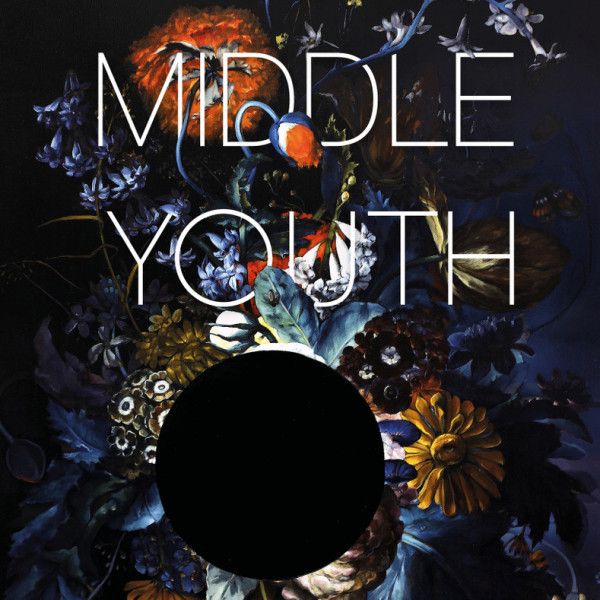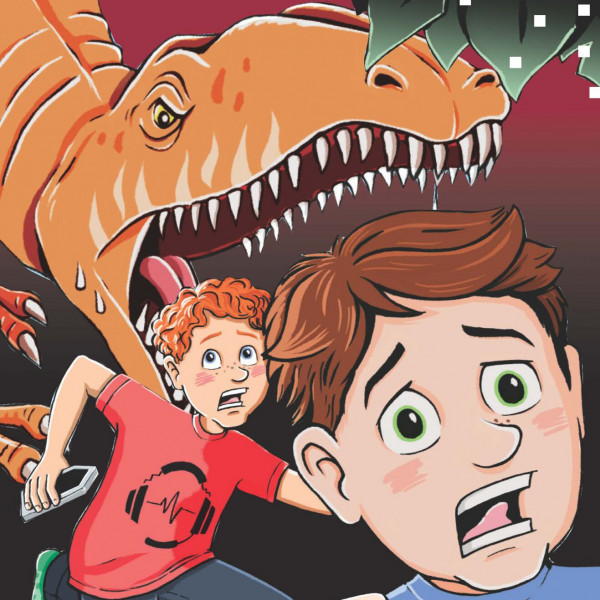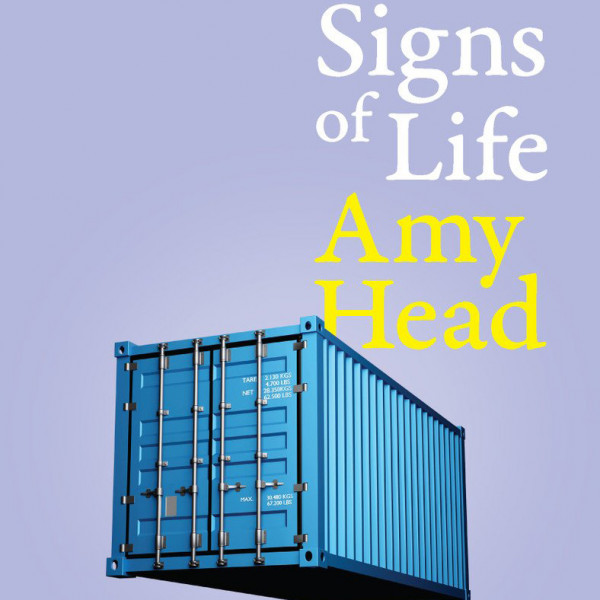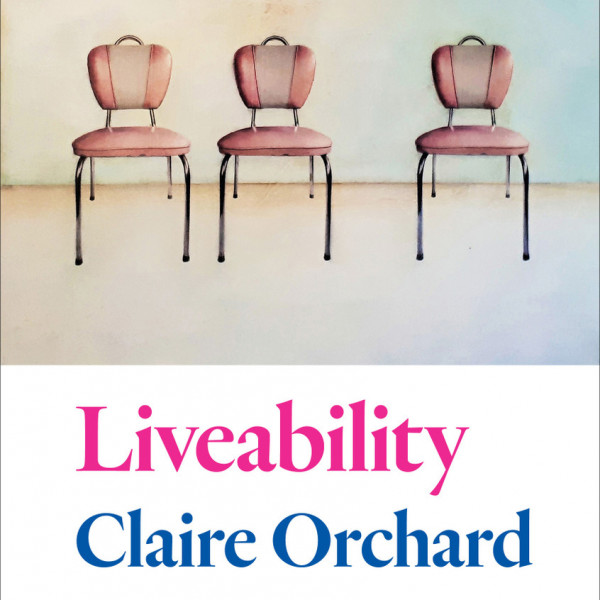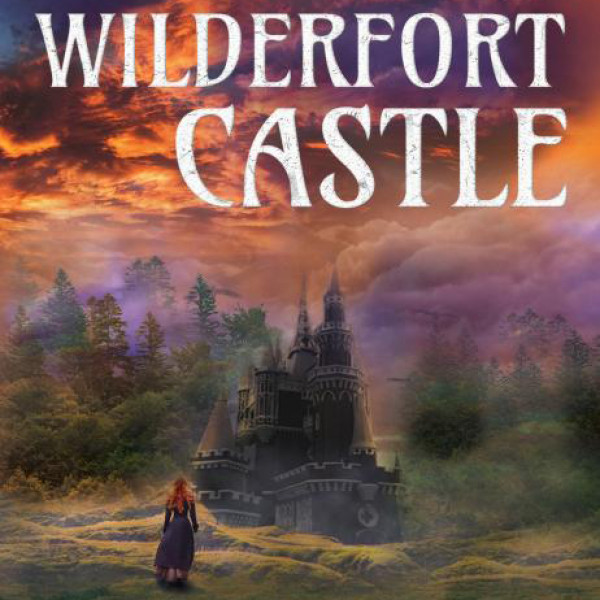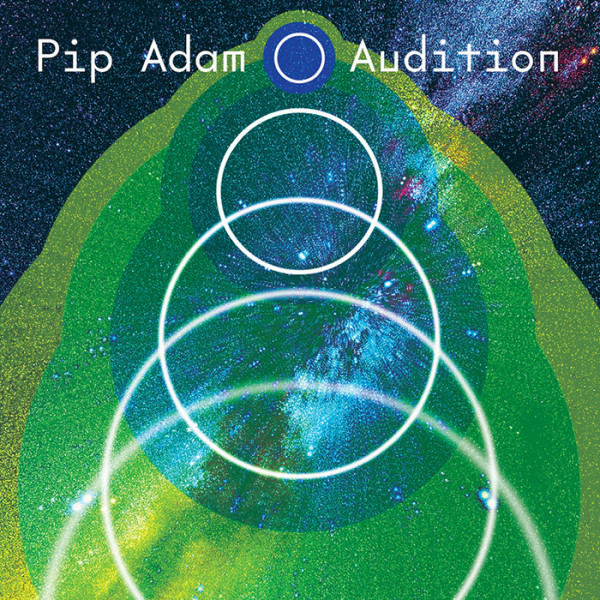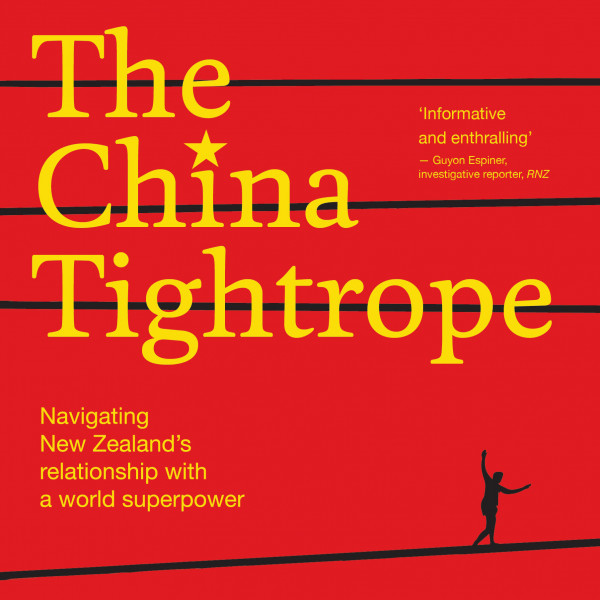
“Let China sleep, for when she wakes, she will shake the world.” A quote originally attributed to Napoleon Bonaparte has now taken on greater meaning in 2023.
Starting in 1972 when the New Zealand Government and the China Communist Party (CCP) formally opened diplomatic ties, our country has had to increasingly step carefully between extracting the best possible outcomes from this relationship without incurring the wrath of an increasingly powerful entity.
A curious glance at some news stories might give you a rather jaded view of China and how it interacts with the world at large. However, nothing is ever that simple, and in fact, there are some historical reasons that help to explain what’s happening here.
For me, the most interesting part of Sam Sachdeva’s The China Tightrope was finding out about China’s ‘century of shame’, a period in their history where they felt they were at the mercy of much larger countries. That so-called shame may play a pivotal role in the country’s modern-day mindset – the idea that they will no longer take a back seat to anyone.
Sachdeva’s background in journalism shines through. He does not take sides, nor is he pointing fingers, and there are no villains. Instead, The China Tightrope gives readers the facts, letting them know there’s more to this relationship than what we are told.
As China gains more power and comes into more conflict with others as a result of that power, a better understanding of the country and its government is essential. Think of this book as a brief field guide on the relationship that China and New Zealand enjoy in the 21st century.
If you see it, I implore you to pick it up. While our relationship politics are anything but simple, The China Tightrope is a surprisingly quick and easy read that will give you a much better understanding of this new world we find ourselves in. Essential reading.


